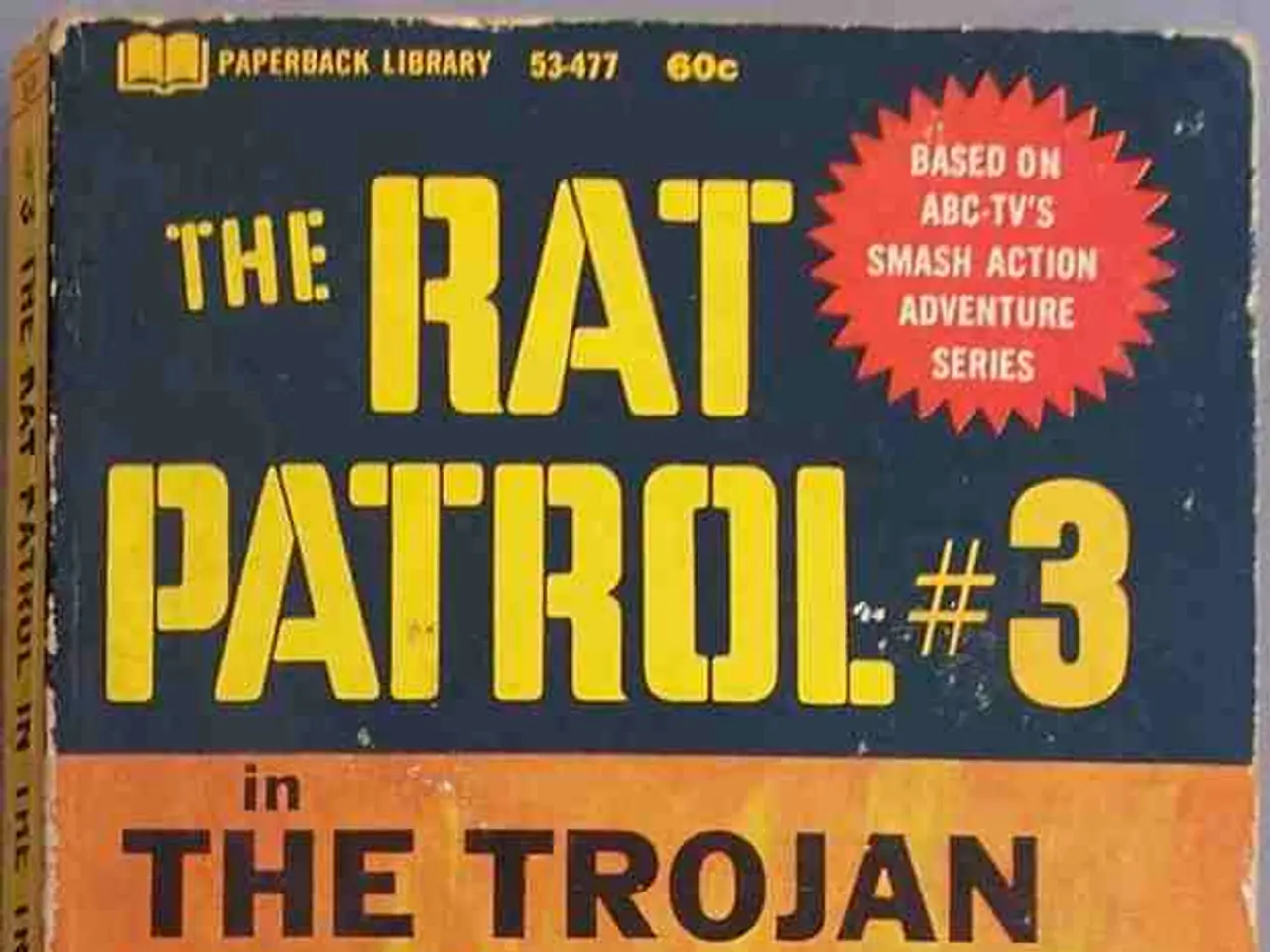Essential Reading for War Fiction Enthusiasts: Top Picks for Notable Military Literature
In the 21st century, understanding large-scale combat between technologically advanced great powers has become increasingly important. Speculative military fiction offers a unique and insightful exploration of future warfare, strategy, and technology. Here are seven top novels that are widely recommended for their realistic, detailed, and thought-provoking depictions:
- "The Forever War" by Joe Haldeman
- This novel delves into the effects of relativistic space travel and soldiering in a future interstellar war. It highlights technological advances, military bureaucracy, and the psychological impact of war.
- "The Hunt for Red October" by Tom Clancy
- Grounded in the Cold War era, this novel realistically portrays submarine warfare, command structure, and high-stakes strategic conflict between superpowers, with detailed tech and tactics that remain relevant.
- "2034: A Novel of the Next World War" by Elliot Ackerman and James Stavridis
- This recent and highly praised near-future scenario depicts a hypothetical war between the US and China, involving cyber warfare, AI, drones, space assets, and naval forces.
- "Ghost Fleet" by P.W. Singer and August Cole
- This fast-paced and detailed fictional war imagines a US-China conflict with near-future military tech, cybersecurity issues, and hybrid warfare, emphasizing logistics and joint operations.
- "Red Storm Rising" by Tom Clancy
- This classic Cold War-era speculative conflict between NATO and the Warsaw Pact showcases combined arms operations and modern weapons systems in a large-scale theater war.
- "Hammer's Slammers" series by David Drake
- Although somewhat sci-fi, this series is grounded in realistic military tactics and leadership themes, focusing on mechanized warfare and mercenary units, providing useful tactical and operational lessons.
- "The War Machine" by Shaun Clarke
- This speculative future focuses on technologically sophisticated combined arms in conflict involving great powers.
Key themes across these novels include realistic depictions of command structures, joint operations, and logistics. They also integrate emerging tech such as drones, cyber warfare, AI, and space assets. The political and strategic contexts that impact combat decisions are also explored, as well as the psychological and societal effects of prolonged high-tech warfare.
If you want a deeper understanding of how future technologies might shape warfare between great powers, starting with Ghost Fleet and 2034 is highly recommended, as they combine current military doctrine with plausible near-future innovations. For a mix of tactical, operational, and strategic perspectives, Clancy’s novels remain a solid baseline.
Note: The views expressed in this article are those of the authors and do not reflect the official position of the United States Military Academy, Department of the Army, or Department of Defense.
Image Credit: Coffee Channel
- The strategic implications of advanced technology in future warfare are thoughtfully addressed in both "Ghost Fleet" and "2034: A Novel of the Next World War," making them essential reads for anyone interested in contemporary military leadership.
- Combining political, psychological, and technical aspects, speculative military fiction like "The Hunt for Red October" and "Red Storm Rising" offer insights into the complexities of leadership during warfare.
- As the field of intelligence becomes increasingly dependent on technology, novels like "The Forever War" and "Hammer's Slammers" series provide valuable perspectives on the role of AI, drones, and cyber warfare in military operations.
- The integration of entertainment mediums, such as books and movies, in the discussion of defense and warfare can offer unique, imaginative approaches to the study of strategy, as depicted in works like "The War Machine" and various military-themed books and movies.







